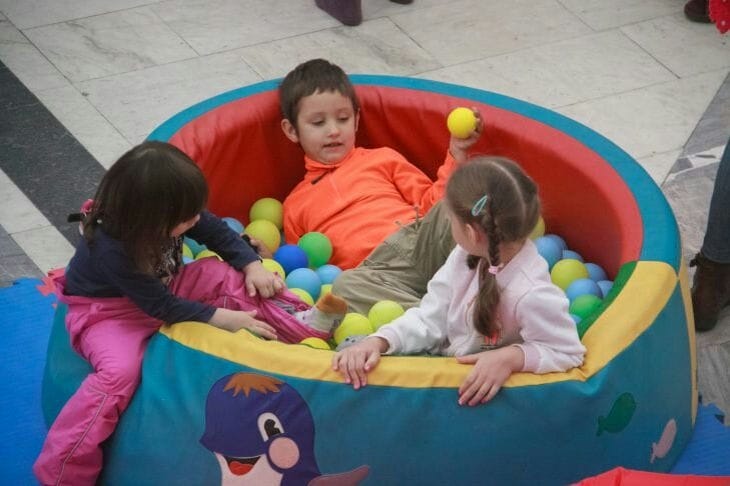3 Phrases You Shouldn't Say to Your Child: They'll Save on a Psychologist When They Grow Up
People who have become parents themselves tend to say the same words to their children that they heard from their parents.
Such “inheritance” is not always beneficial to the child: some, of course, will perceive it as informational noise, but another child may be offended or begin to worry and withdraw into themselves.
"We have dedicated our whole lives to you!"
Yes, they did – so what? You did it absolutely voluntarily, and your child certainly didn’t ask you for anything like that.
If you periodically send this message to your child, you risk raising a painful attachment and gratitude in your child. What does painful mean? They will be based on a deep sense of guilt, and ultimately, neither you nor your child will feel any joy from such parent-child relationships.
"When I was your age, I unloaded train cars!"
When you say these words, what are you counting on – that the child will praise you or sympathize with you?

If you want to be an example for your son or daughter, act now, in the present tense. And stop using expressions that imply that you are great and your child is not.
"You never know what you want!"
After saying this phrase, start timing: after about 10 years, don’t be surprised that your grown-up offspring doesn’t want anything and isn’t interested in anything.
As an adult, your child will have to see a specialist to teach him to understand what he likes, what he does out of necessity or habit.
Earlier we told the truth about finger feeding .
